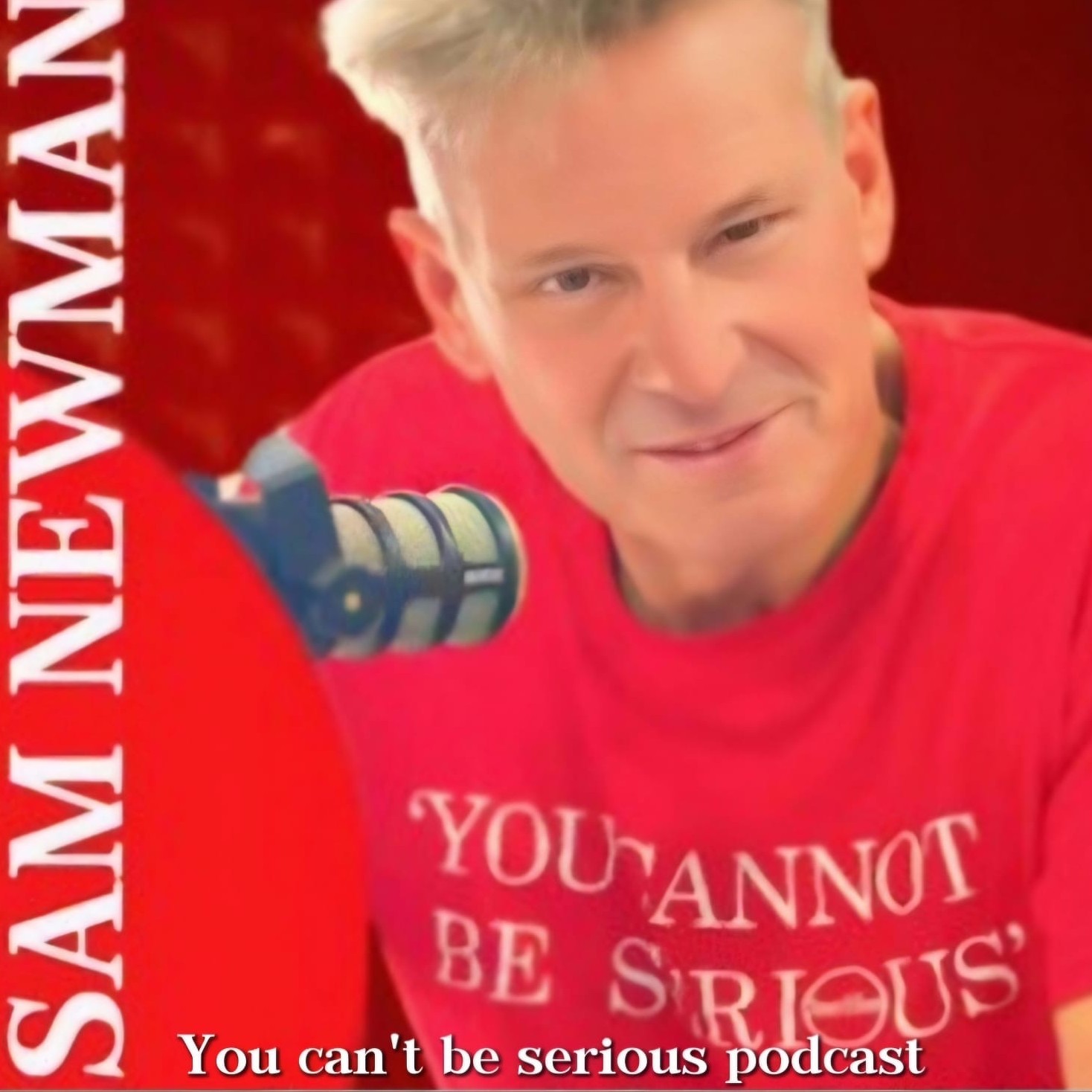Episodes
Episodes



Wednesday Jan 22, 2025
Episode 292 - Part 4 - Bobby Valentine
Wednesday Jan 22, 2025
Wednesday Jan 22, 2025
There are few Australian performers who deserve the title of ‘genuine entertainer’ as much as Bobby Valentine. The larger-than-life Valentine is a singer, songwriter, guitarist, band-leader and raconteur who has been, as the title of his new show notes, ‘getting paid for it’ for thirty years.
Anyone that has witnessed Bobby’s talents first hand will tell you that he most certainly earns his money! His huge, soulful voice and charismatic stage presence hark back to the era of the ‘song and dance man’ and he has no difficulty doing justice to the works of great artists and singers from Ray Charles to Hank Williams.
For 30 Years of Getting Paid for It, Bobby has put together an all-star 5 piece combo from the colleagues that he jokes “are still talking to me”. The show itself covers music from much of the twentieth century in styles ranging from jazz and blues to country, rock, pop and soul. In typical Valentine style it will be all about the audience – and all about the music.



Wednesday Jan 22, 2025



Wednesday Jan 22, 2025



Wednesday Jan 22, 2025



Wednesday Jan 15, 2025
Episode 291 - Part 3 - David Mann AM
Wednesday Jan 15, 2025
Wednesday Jan 15, 2025
David Mann AM
December 17, 2023 marks 50 years at 3AW for David Mann. Mann is potentially the longest serving person at a single radio station, and perhaps also for the multiple roles he has held there either full time, part time, or now as Mann About Town.
Mann started as an office boy just before Christmas in 1973, before being promoted to panel operator, then given a journalism cadetship. The cadetship led to an on air role for two decades. He also was production manager, creative director and the promotions and marketing manager for 23 years, holding other positions such as Chairman of the Victorian Radio Time Club.
During the Ash Wednesday fires in 1983 3AW dropped all regular programming and used their immediacy to offer on the spot assistance. A fundraiser that followed, which Mann was heavily involved in, raised more than $1 million to distribute to people who had been left with nothing.
Mann also supports people during and after disasters in an operational capacity with more than three decades of service to the Melbourne Metropolitan Fire Brigade, Ambulance Victoria and the Victorian Police Force. He was awarded an Order of Australia Medal (OAM) in 2006 for “service to the community through a range of police, nursing, heritage and emergency services organisations” and in June 2018 he was made a Member of the Order of Australia (AM). This year also marks the 35th that Mann has been a volunteer part of the Pensioners Christmas Party, conducted every Christmas day and looking after senior citizens and single parents.
Mann said:
“When the world is bad, radio is good. The 3AW team, listeners and sponsors make a difference to those in need. It’s still one of the most powerful mediums around and I’m very proud to be a part of the number one station in Melbourne.”



Wednesday Jan 15, 2025



Wednesday Jan 15, 2025



Wednesday Jan 08, 2025


